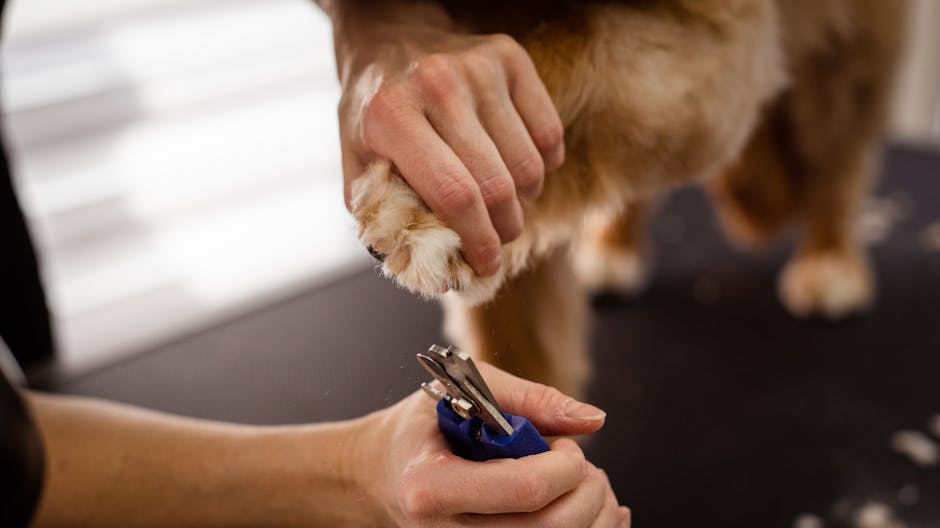Understanding Canine and Feline Dental Anatomy:
Pets’ mouths, though seemingly similar to ours, harbor some crucial differences impacting dental care. Dogs and cats experience different challenges. Understanding these distinctions is paramount. Canine teeth are generally adapted for tearing and gripping, while feline teeth are meticulously designed for slicing and catching prey. Canine teeth are also typically larger and have more distinct structures, compared to those of cats. This anatomical variation dictates the specific dental care routines required for each species.
Dietary Considerations:
A significant factor contributing to dental health is diet. A balanced diet, tailored to your pet’s breed, age, and activity level, is fundamental. Choosing the right food can significantly impact plaque buildup and tooth decay. Commercial kibble, formulated for dental health, often includes ingredients designed to reduce plaque and tartar. These are valuable additions to your pet’s daily meals. However, transitioning to a new food should be gradual to avoid gastrointestinal upset. Beyond commercial options, consider dental chews and treats that are specifically formulated to aid in cleaning teeth.
Regular Veterinary Checkups:
Proactive veterinary visits are essential for maintaining your pet’s oral health. Routine check-ups, especially starting at a young age, enable early detection of dental problems. Veterinarians can identify potential issues like gum disease, tooth decay, and abscesses. They can provide professional cleanings and advise on the most appropriate preventative measures. These visits are crucial for establishing a baseline and tracking any changes over time. Veterinarians can evaluate specific breeds, acknowledging predispositions to certain dental conditions.
At-Home Dental Care Routine:
Routine at-home dental care is an equally crucial part of maintaining a pet’s oral health. While professional cleaning is indispensable, daily or frequent cleaning helps significantly. Brushing your pet’s teeth is often the best way to remove plaque and tartar. However, introducing this habit requires patience and positive reinforcement. Start by getting your pet used to having their mouth handled. Use a soft-bristled toothbrush specifically designed for pets. Choosing a toothpaste formulated for pets is vital; human toothpaste is harmful to animals. Gentle, short brushing sessions are key, and positive reinforcement, like treats, are paramount to building a positive association with the process. Regular brushing should be a part of your pet’s routine.
Dental Chews and Toys:
Specialized dental chews and toys play a pivotal role in oral hygiene. These tools act as natural scrubbers, removing plaque and encouraging saliva production. Dental chews can help lessen the buildup of plaque. They provide a safe and engaging way to clean teeth naturally and help keep gums healthy. Be sure to choose chews appropriate for your pet’s size and breed, following manufacturer recommendations carefully.
Signs of Dental Problems:
Being vigilant about recognizing the signs of dental problems is critical. Observe your pet for any changes in eating habits, excessive drooling, bad breath, reluctance to eat, or swollen gums. If you notice anything unusual, consult your veterinarian immediately. Early intervention is often crucial for effective treatment. Changes in behaviour, such as becoming withdrawn, could also be a sign.
Addressing Specific Issues:
Certain pets are more prone to specific dental problems. Senior pets, for example, may require more attention to dental care due to age-related changes. Brachycephalic breeds (those with short snouts), such as Bulldogs and Pugs, often experience unique dental challenges. Understanding these breed-specific concerns can enable you to implement preventative strategies tailored to your pet’s needs.
Beyond the Basics:
Beyond the immediate issues, dental care extends to the overall health of your pet. Poor oral hygiene can lead to systemic health problems like kidney disease, heart disease, and other serious complications. Regular dental care contributes significantly to your pet’s well-being beyond just their mouth.
Conclusion:
Maintaining your pet’s dental health is a multifaceted responsibility. Integrating a comprehensive approach encompassing veterinary checkups, a balanced diet, at-home dental care, and the use of specialized tools is essential for a healthy mouth and overall well-being. Being proactive, attentive, and communicative with your veterinarian are keys to ensuring your pet’s smile shines for years to come. Taking these steps proactively ensures a lifetime of happiness for you and your furry companion.
